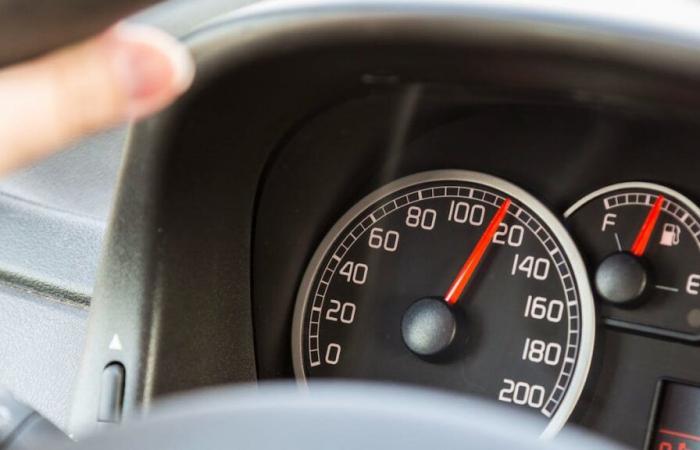I was flashed at a speedometer of 64 km/h in a zone limited to 60 km/h. Result: 64 km/h minus 3 km/h tolerance and a fine for speeding by 1 km/h. Can a speedometer be accurate? Shouldn’t it indicate a speed 5 km/h higher than the actual speed?
It is extremely rare for a speedometer to be accurate. However, it is theoretically possible and permitted. We often hear that the speedometer systematically displays 5 or 10 km/h more than the actual speed of the vehicle. However, this is false. The regulations stipulate that the speedometer must never be lower than the actual speed of the vehicle and cannot be higher than the actual speed to which 10% and 4 km/h are added. The speedometer can therefore go up to 70 km/h for a speed of 60 km/h, but can theoretically also indicate only 60 km/h. Most of the time the margin is 3-6% greater, with newer cars often being more precise and the gap generally increasing with speed.
As such, all speed indicators are more or less inaccurate. But why? Your car measures the rotational speed of the wheels and calculates the speed based on the average wheel circumference recorded in the system. However, in reality, this fluctuates with variations in tire pressure, loading, but above all the type of wheels and tires and the tread depth. The tread depth represents up to 2% difference. To ensure that the speed indicated by the speedometer is never lower than the actual speed, upward tolerances are required. So imprecision.
In your case, the tolerances were probably such that your speedometer was exceptionally accurate. This is very unusual, but ask your mechanic to be sure. It should be added that some recent vehicles align themselves with the GPS (more precise) when there is too big a difference between the two. Without forgetting that with the circular tachometer, we can never know the precise speed anyway and we therefore always drive a little slower; with digital tachometers, it is tempting to drive to the nearest km/h (tolerance margin included) – and it can then happen that you get flashed.
The team of the Zurich communications agency Viva, including long-time mobility experts Timothy Pfannkuchen and Jürg A. Stettler, publishes AutoSprintCH, works for the Swiss Automobile Professional Union (UPSA) as well as for d other customers in terms of mobility – and ensures clarity on thorny subjects.






